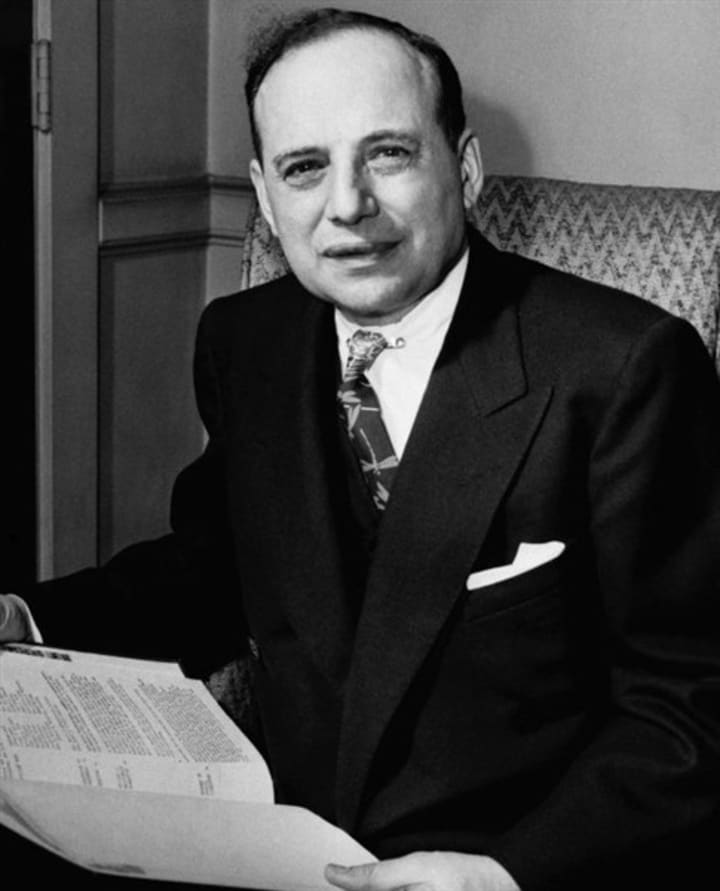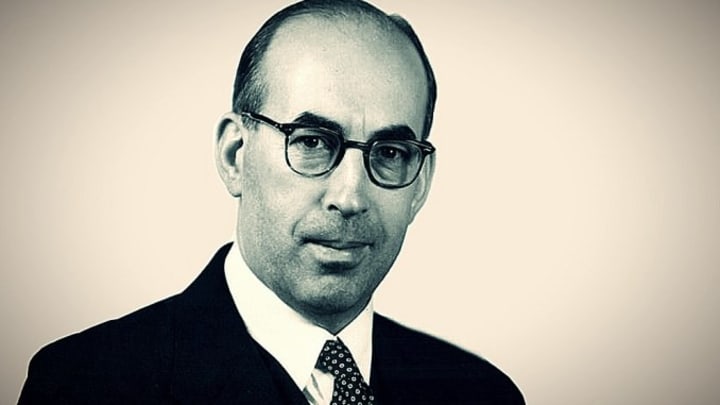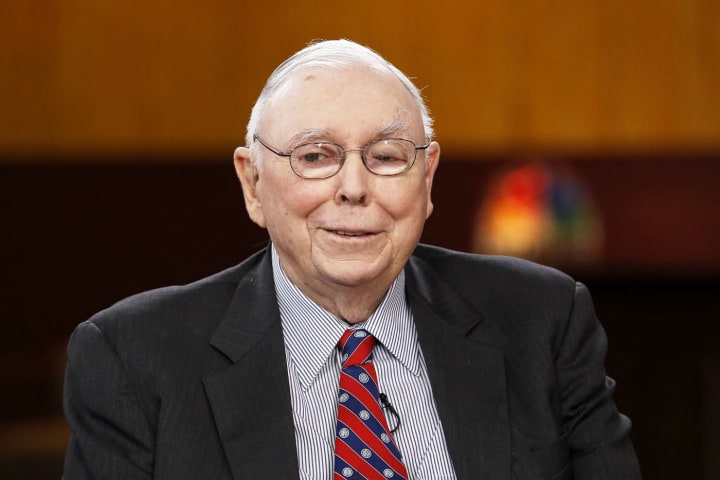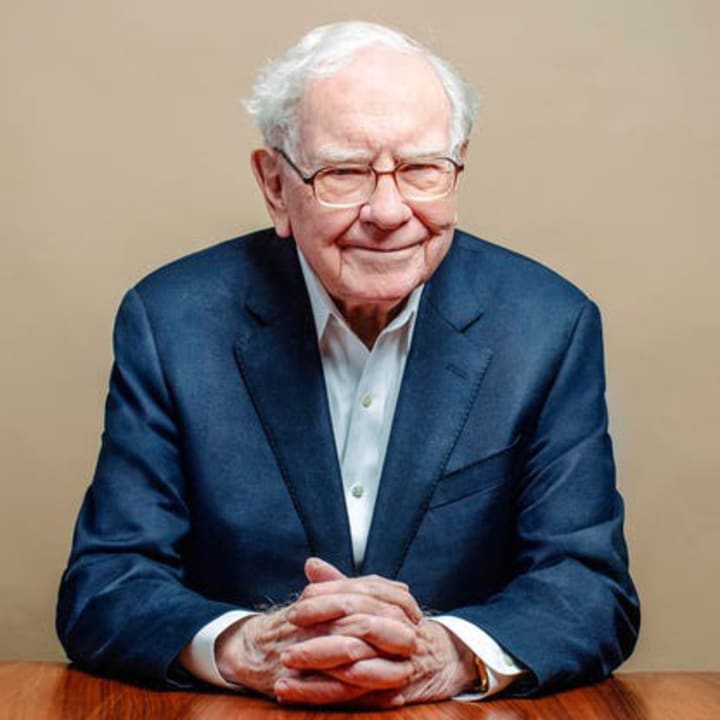Investing Rules From The World’s Greatest Investors
“In investing, what is comfortable is rarely profitable.” — Robert Arnott

As an investor, you need to learn from the greatest investors of all time to know what they did to get an exceptional return and imitate their approach to your investment strategy.
In investing, it is better to mimic an investment strategy that works for successful investors rather than innovate something by yourself, a new investment strategy that is more likely to lose money.
If you want to achieve good returns by investing in the stock market, then learning from the great investors of all time is a great way to do that.
So let’s learn the investing rules from the greatest investors of all time that will help you in your journey to become a better investor and stand out from the crowd.
Ben Graham
Margin of safety

This investing rule has made Warren Buffett and other famous investors billions of dollars. The margin of safety concept was developed by Benjamin Graham, known as the father of value investing. The margin of safety means you buy a stock for less than its intrinsic value.
The difference between what you pay and an intrinsic value of a company is called the margin of safety.
If the difference between what you pay and an intrinsic value of a security is big enough, then you can expect to make an exceptional return on that investment.
When the margin of safety is positive, you buy a business for far less than what it is worth, and you expect the price to rise to its real value when the market recognizes the company’s actual worth.
The margin of safety has helped Warren Buffett in his journey to investment, and it is the most important thing he learns from ben graham about investing.
The concept of margin of safety can help you minimize your downside and increase your upside on any investment.
Ben Graham was wiped out during the great depression, which led him to develop the concept of margin of safety.
He figured out that if he buys even terrible businesses for less than what they are worth. He could still make money on that investment.
Ben Graham strongly believes that it is not what you buy that enhances your return but what you pay for that influences your return.
Whenever you look for investment, make sure you pay less than what it is worth and leave a margin of safety to minimize the downside and increase your upside.
If you want to learn in detail about the margin of safety. I recommend reading the intelligent investor and security analysis by Benjamin graham.
You also have to have the knowledge to enable you to make a very general estimate of the value of the underlying businesses. But you do not cut it close. That is what Ben Graham meant by having a margin of safety. You don’t try and buy businesses worth $83 million for $80 million. You leave yourself an enormous margin — Warren Buffett
Philip Fisher
Buy a Quality Business With Good Management

If you are in the right companies, the potential rise can be so enormous that everything else is secondary. Every $1,000 I and my clients put into Motorola in 1957 is now worth $1,993,846 — after all the ups and downs of the stock and the market…
If I’d sold Motorola because I thought it was overpriced 10 or 15 years ago, chances are I would not have known when to get back in, and I would have missed a tremendous profit. If one of my stocks gets overpriced, I warn my clients that things may be unpleasant for a little while but they will rise to a new peak later. — Philip Fisher
Most investors know that Benjamin Graham influenced Warren Buffett in his investing journey. But Fisher’s investing strategy had more influence on Buffett’s investing strategy than any other investor.
Benjamin Graham had taught Warren to buy the company at less than what it was worth and leave a margin of safety. It had made Buffett a millionaire. But buying a quality business with good management had made him a billionaire.
Philip Fisher concentrates more on how the business operates and what kind of quality product a company has, which makes it different from its competitors.
Philip Fisher wants to buy companies with quality products that dont have many close substitutes in the market. When there are not many alternative products, a company can raise the price without worrying and not lose a lot of customers because there is no other alternative to that product.
Philip Fisher focuses on talking to the management to get an understanding of how the business is performing.
Although, most investors can’t directly talk to the management of the companies.
But they can read the annual report to see if the management is honest to their investors about the good and bad of the business.
Ben graham sells the stock when it gets overvalued relative to its current earnings. But Fisher analyzes if the company has a quality product for the customers and has good management.
He may never sell the company as long as the company has good management and quality products that customers want.
If I have a deep conviction about a stock but it has not performed after three years, I will sell it. If I think management or the basic situation has deteriorated, I will sell. — Philip fisher
When analyzing securities, Graham concentrates on quantitative measures like analyzing the balance sheet or income statement. While Fisher was focused more on qualitative measures like how much customers value the product or management capability.
Charlie Munger

The wise ones bet heavily when the world offers them that opportunity. They bet big when they have the odds. And the rest of the time, they don’t. It’s just that simple.
- Charlie Munger
Charlie Munger had been a partner with Buffet for more than 60 years and played a big part in making Berkshire Hathaway one of the biggest companies in the world.
Charlie has a lot of investing ideas that can help you to be a great investor. But this one investing principle from Charlie can change the way you invest your money.
When the opportunity comes to you, and you are more likely to be sure that you are right, Then you should bet heavily to get a high reward.
There will be few investment opportunities in your life where you will be right and have a higher likelihood of making higher returns.
Charlie thinks you don’t need a lot of opportunities to get rich in the stock market. You have to wait, and when those few opportunities come, you should be prepared to bet heavily because this type of opportunity comes once in a lifetime.
Charlie didn’t believe in diversifying his investment into hundreds of companies.
Instead, he likes to own companies that he knows will perform better and have a competitive advantage.
He thinks you should know a lot about a few companies rather than know a few things about every company.
“I find it much easier to find four or five investments where I have a pretty reasonable chance of being right that they’re way above average. I think it’s much easier to find five than it is to find 100. I think the people who argue for all this diversification — by the way, I call it ‘diversification’ — which I copied from somebody — and I’m way more comfortable owning two or three stocks which I think I know something about and where I think I have an advantage.” — Charlie Munger
Warren Buffett

“I will tell you how to become rich. Close the doors. Be fearful when others are greedy. Be greedy when others are fearful.”- Warren Buffett
There are tons of investing lessons to learn from Warren Buffett. But one of the crucial ones is to buy when others are selling and sell when others are buying.
It looks so simple on the surface, but in action, it is hard to do for most people.
Most people when they see everybody buying securities. They also want to be with the crowd, But that’s a big mistake.
In investing, Whenever you are with a majority, Then you have to think again about your position.
Most of the time in investing, the majority are wrong, and contrarian investors like Buffett have made themselves rich because of the madness of the crowd.
Warren Buffett stopped buying companies during the dot-com boom. At the time, everybody had thought that Buffett had lost his touch.
But when the dot-com bubble burst, everybody was afraid to invest in the stock market. That’s when Buffett had the last laugh. He started buying companies in 2002 when others were selling.
Ben Graham said that you should buy from the pessimist and sell to the optimist, and that’s what investors like Warren Buffett do that made them so rich.
It’s so simple to understand, But hard to do in practice. If you take action on this advice, you can more likely build wealth on the stock market.
Conclusion
If you follow these rules from the world’s greatest investors, you are more likely to increase your likelihood of reaching higher returns.
But it depends on you taking action on this great investor’s advice because knowing and doing it are two different things.
These investing rules seem easy to understand, But why most people don’t follow them? It challenges human tendencies, which are naturally in us.
For example, it’s natural to want to do what everybody is doing in the bear market and sell your stock. That’s the wrong thing to do, But people still do it because everybody is doing it.
To be a great investor, you have to do things differently than what the crowd is doing, that’s the hard part.
Continue Reading:
How Japan Become The Third Largest Economy In The World
About the Creator
Arsalan Haroon
Writer┃SEO Expert┃Investor






Comments
There are no comments for this story
Be the first to respond and start the conversation.